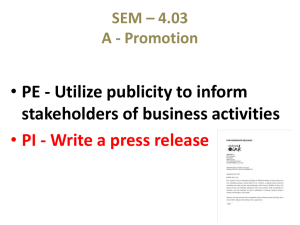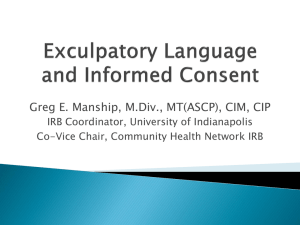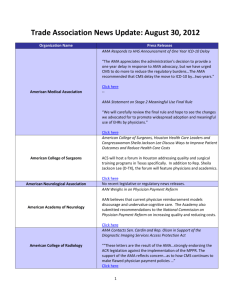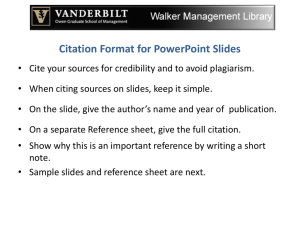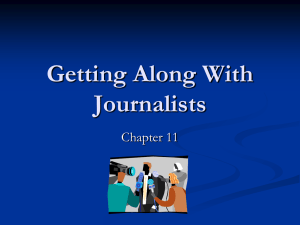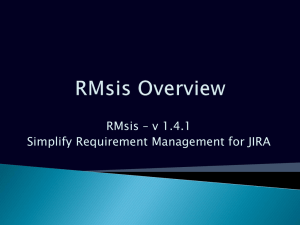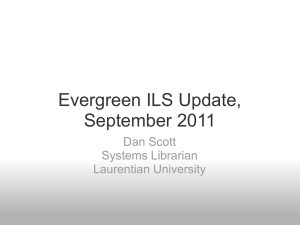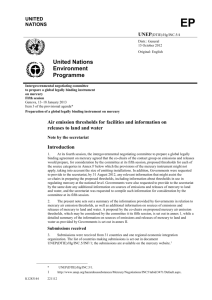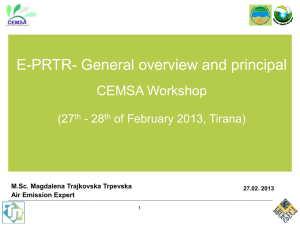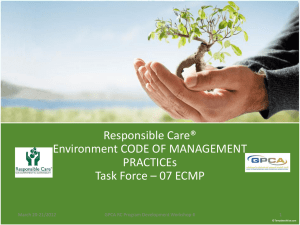writing-and-using-press-releases
advertisement
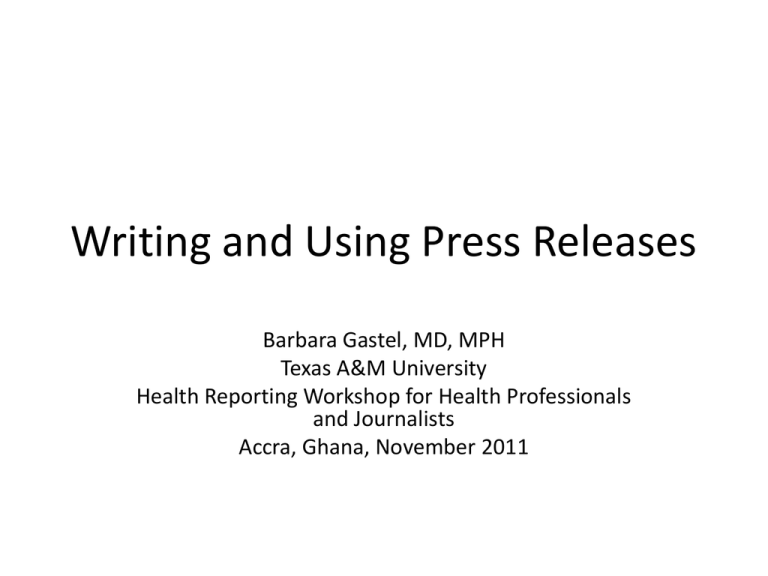
Writing and Using Press Releases Barbara Gastel, MD, MPH Texas A&M University Health Reporting Workshop for Health Professionals and Journalists Accra, Ghana, November 2011 Overview: Writing and Using Press Releases • • • • Definition Advantages An example Tips for – Preparing – Disseminating – Using • Discussion: putting it into practice Press Releases • Also called news releases • Newspaper-style stories disseminated to journalists (and sometimes others) by groups with news or other information they want to convey to broader audiences • Sometimes published as is (especially by smaller media) • Often starting points for stories in the media Advantages of News Releases for Those Issuing Them • Can efficiently disseminate information simultaneously to many members of the media • Can help ensure that coverage is accurate • Can increase the likelihood that desired aspects of the subject are emphasized Advantages of News Releases for Those Receiving Them • Make it easy to be aware of potentially newsworthy items • Can be an efficient source of reliable information on topics • Note: News releases are sometimes termed “information subsidies”. An Example • “Old drugs find new target for treating brain tumor”, released by University of California, San Diego, 18 November 2011 • Identified through EurekAlert! (http://www.eurekalert.org/ )—a good source of examples of news releases Advice: Writing a News Release • • • • • • Have the release resemble a newspaper story. Keep the release relatively short. Include an informative headline. Provide a release date. List one or more contact people. Present the main point immediately; then provide details. (Use “inverted pyramid format”.) Writing a News Release (continued) • If you are trying to promote your institution, mention it early (and perhaps repeatedly) in the article. • Remember to include the 5 Ws and an H. • Include some quotes. Ideally, place at least one of them early in the release. • Write the release in simple, readable language. • Do not exaggerate. Writing a News Release (cont) • Consider providing (or offering access to) – Photos – Other graphics – Video clips – Audio clips Disseminating a News Release • Issue a news release only if the subject seems truly newsworthy. • Try to schedule the release for a time when little else is happening in the news. • Make the news release available through reporters’ preferred channels (for example, by e-mail and online). (more) Disseminating Releases (cont) • Consider posting the news release on both your website and one or more central sites used by reporters. • Perhaps alert reporters who seem especially likely to be interested. • Make sure that the contact person(s) and others whom reporters might well want to contact are available. • Monitor use of the release. Using News Releases: Guidance for Reporters • Regularly check websites that often contain news releases of interest. • Sign up for media lists of institutions often issuing news releases of interest. • Double-check information from news releases. • Don’t base all stories on news releases. Also show initiative in coming up with story ideas. (Not everything important has a release.) Using News Releases (cont) • In general, use news releases only as starting points. – Consider what is missing—and obtain it. For example, provide broader context. – If the news release is based on a journal article, obtain and read the journal article. – Do interviews, including with outside experts. – Consider using news releases as starting points for stories on broader topics or trends. Discussion: Putting It Into Practice • General questions, comments, and suggestions • Your experience writing or using news releases; suggestions based on that experience • Things you might do differently in the future Thank you!

